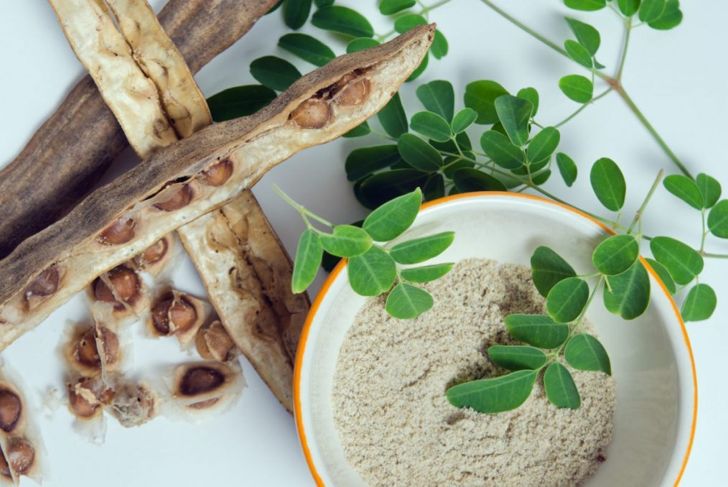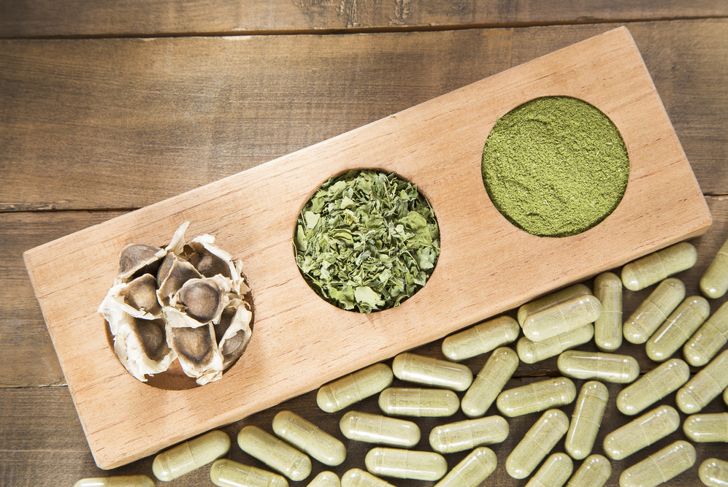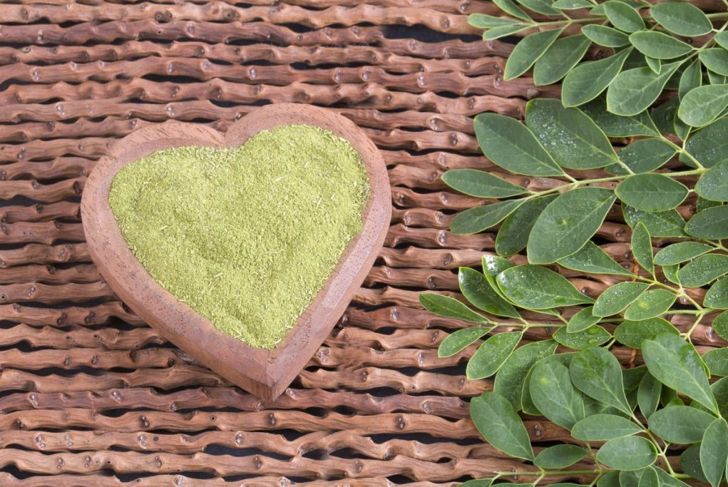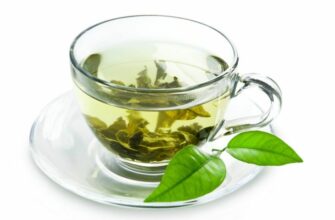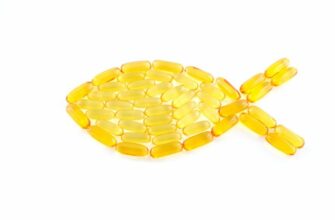Few of nature’s gifts match the value of the moringa tree. This ancient plant grows where most plants cannot survive, and there revitalizes the soil. Just about every part of the plant contains unparalleled health benefits: the roots, pods, seeds, flowers, fruit, and bark are all edible. Eastern Asian countries have depended on this superfood for millennia to support heart, blood, liver, respiratory, skin, and digestive health.
About the Moringa Tree
Out of the 13 varieties of moringa, Moringa oleifera is the most common species. The tree is native to South Asia and Africa and grows in tropical and subtropical climates. The tall, fast-growing plant produces abundant leaves, flowers, and pods. Moringa has been an important part of the ancient Indian medical system, Ayurveda, for at least 4,000 years and has several English nicknames that highlight different characteristics. The moniker “drumstick tree” alludes to the long, slender pods. “Horseradish tree” refers to the taste of the roots.
The “Tree of Life”
The moringa tree is one of the rare plants that can grow and thrive in dry, depleted soils. Even in famine, moringa has sustained many undernourished populations. It adds essential nutrients to diets and helps revitalize the soil. Farmers plant it to restore forests, filter water, and more. Moringa trees grow year-round and help replenish nutrients in the soil. Decomposing trees further nourish the earth for other food sources in harsh landscapes.
Nutritional Load
Although almost all parts of the moringa tree are significant sources of nutrition and medicinal benefit, the most popular components are the leaves. These tiny gems are full of antioxidants, vitamins, trace minerals, and all of the essential amino acids. Extensive studies have revealed that phytonutrients and other substances present in moringa have antidiabetic, antitumor, anti-ulcer, anti-epileptic, and antispasmodic effects.
Liver Health
The liver detoxifies the blood, produces bile, metabolizes fat and fructose, and helps process nutrients. Moringa’s high levels of polyphenols can help protect this vital organ with its antioxidant properties and anti-inflammatory effects. A study in Food and Chemical Toxicology reports the plant can reverse oxidation in the liver and ameliorate fibrosis and liver damage. Moringa oil can also help normalize liver enzymes and increase protein content in the liver.
Anti-Inflammatory Benefits
Inflammation contributes to chronic illnesses such as obesity, arthritis, and respiratory disorders. Research published in Inflammation indicates moringa helps lower inflammation as its bioactive compounds suppress inflammatory proteins and enzymes in the body. The plant’s roots, fruit, and leaves all contain substances that inhibit the production of nitric oxide and inflammatory cytokines.
Cancer Treatment
A recent study in the Asian Pacific Journal of Cancer Prevention noted that moringa leaf extract suppresses the growth of cancer cells and induces cell death in some cancers. Researchers believe this is due to the high presence of antioxidants and essential amino acids in the plant. These nutrients can strengthen the immune system to combat the effects of chemotherapy, as well. Antioxidants also help fight free radicals, which can lead to diseases such as cancer.
Caffeine-Free Energy Boost
Although moringa leaves do not contain caffeine, they make a naturally energizing tea. The leaves are rich in coenzymes such as NADH that increase energy production in cells. NADH imparts cognitive benefits that improve concentration and heighten senses. Moringa tea can provide a mental boost without the potential side effects common to other stimulants, such as the jitters and insomnia.
Brain Health
Moringa has potent antioxidant and neuro-enhancing properties that support cognitive function. It contains high amounts of vitamins C and E that impede neuron degeneration caused by oxidation. The plant extract also helps normalize neurotransmitters that perform integral roles in mood, memory, and mental health. The Journal of Neurosciences in Rural Practice published a study that suggests moringa has potential as a treatment for Alzheimer’s disease.
Improve Digestion
Digestion is a complicated function, but moringa can help to make it go more smoothly. The plant can help reduce swelling and inflammation in the digestive tract, and the antibacterial and antifungal properties assist with maintaining a healthy balance of flora in the gut. Improved digestion means the body is more able to absorb all the nutrients from moringa and all the other foods passing through it.
Improve Mood
One of the many health benefits of moringa is its ability to improve overall mood. People with depression and other mental health conditions may benefit from the vitamins and antioxidants in moringa, which work together to stabilize neurotransmitters in the brain and may work in a similar way to SSRIs. This can result in fewer mood swings and other benefits. It is always important to talk to a doctor about whether adding a new supplement is safe, especially for those already taking prescription medications.
Natural Astringent
Applying moringa oil to the skin has many natural astringent benefits. It can act as a drying agent and antibacterial, killing surface bacteria and absorbing oil and dirt. Topical application can also help treat acne and other skin conditions. Frequent use, however, can actually help restore the natural moisture balance of the skin. On the scalp, moringa can help resolve dandruff or dry skin issues over time.
Reduces Blood Sugar
Early research suggests moringa may help combat diabetes and high blood sugar in general. This is because the plant contains isothiocyanates, compounds that hinder the ability to raise blood sugar. For this reason, moringa could be a natural treatment option for diabetes. Research is still investigating the viability of this medical use, but people with diabetes can speak to their doctor about incorporating moringa into their diets.
Lowers Cholesterol
High cholesterol can be dangerous, leading to heart disease and other issues, but moringa can help manage it. It is possible that people with mildly high cholesterol may be able to reduce the amount of LDL (“bad”) cholesterol in their blood by taking moringa supplements, in combination with other heart-healthy plant-based foods.
Helps Heal Wounds
Many cultures have long relied on moringa to assist with healing. Properties in the plant may help reduce the time it takes for blood to clot, and the antibacterial properties can help reduce the risk of infection. Combined, these two factors can increase healing time, though the exact mechanism for healing is unknown. A moringa paste can be applied to some wounds directly, but for more serious injuries, this should never replace medical attention.
Concerns
Pure moringa extract is not likely to cause adverse side effects in healthy individuals. However, some brands may contain synthetic fillers that could interact negatively, so seek out the highest quality product possible or grow your own. Pregnant or nursing women should proceed under the advice of a healthcare professional, as some naturally occurring chemicals within the plant can cause uterine contractions. Consult a doctor if you are currently taking any medication, especially drugs for thyroid problems, hypertension, or diabetes.

 Home
Home Health
Health Diet & Nutrition
Diet & Nutrition Living Well
Living Well More
More

